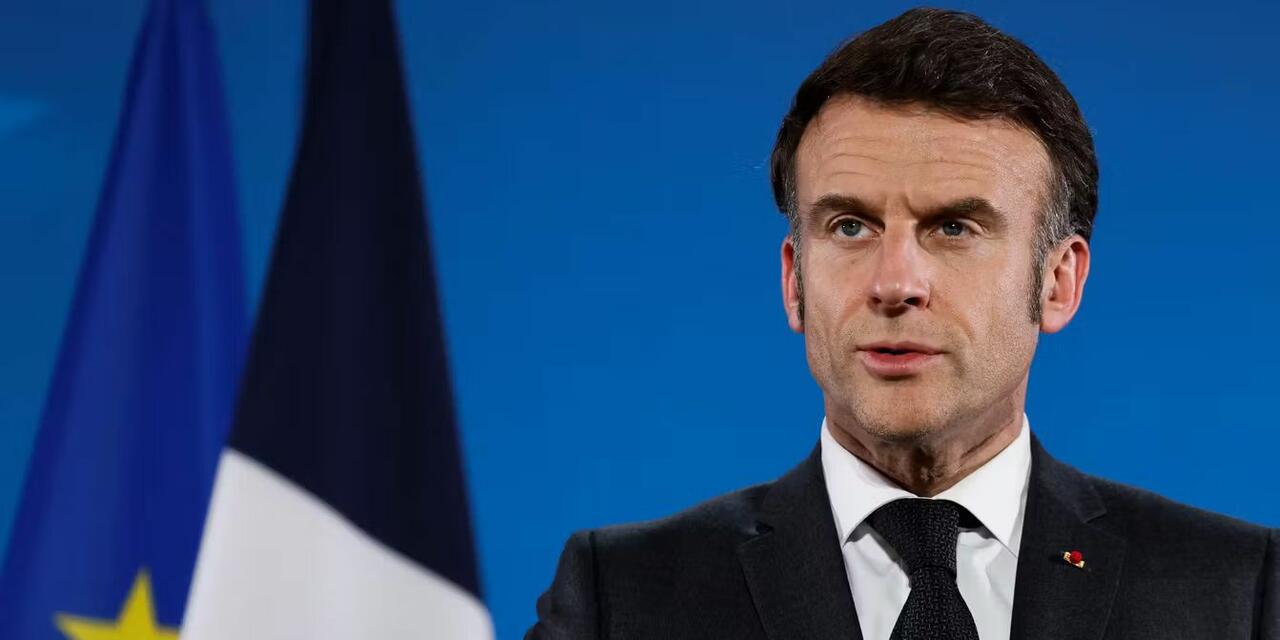The article below is behind a paywall but it is still interesting in what it doesn't say.
Most of the news we get these days is either propaganda with the aim to flip perception one way or the other, or bubbling news, popping in and out of existence like virtual particles. This is in-between.
The Trump tariffs are a complex matter. The concept of tariff always looks promising to its proponents on paper but in the long term, history has proved they can backfire mightily.
The discussion between free traders and mercantilists has been with us for over 400 years with long term trends in one direction followed soon after by the opposite but the effects on the economy cannot be judged month by month.
As explained in earlier articles and as I have experiences many times during international price negotiations, the inertia of the system is huge. Most contracts are not discussed daily but yearly and prices are often decided according to complex mechanisms which are put in place to dampen currency and levy fluctuations.
In the short term, nothing happens. The suppliers and importers will just sit down to discuss who will pay the tariff. Usually, the importers have other options so they are in a very good position to ask for rebate which they often get. (which is why we'll see no inflation at first.) But this cannot last very long since suppliers will either go bankrupt or redirect their production if they can.
Since tariffs are global and affect many companies, the maximum elasticity on price is quickly reached and countries are obliged to take more drastic actions which consist in two parts; devaluation of their currency and protection of their domestic market which effectively counter the tariffs.
At this stage, the US will have the choice of either raising tariff further or closing the market. (Trump will chose the former.) As more devaluation becomes detrimental (it generates inflation especially if you import energy.) other countries will start applying tariffs on their own imports and the trade war starts.
This is exactly what happened in the 1930s so that a few years after the 1929 recession and a weak recovery thereafter, the world quickly plunged in a depression and eventually war.
It will not be the same this time. The world economy is much more complex and the entanglement of the global supply chain makes it both more flexible and brittle. But one thing is certain: Short term "results" of the tariffs are utterly meaningless. What is important is what we do not see. The negotiations behind closed doors and the decisions to switch suppliers and production elsewhere.
In other words, the world is changing fundamentally but we won't see it because the real transformations are drowned in a fog of meaningless happenstance and incidents which makes the news and dulls our attention to the more profound changes taking place in the background.


No comments:
Post a Comment